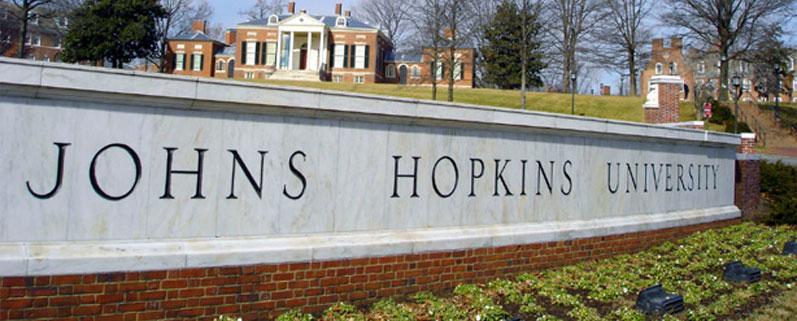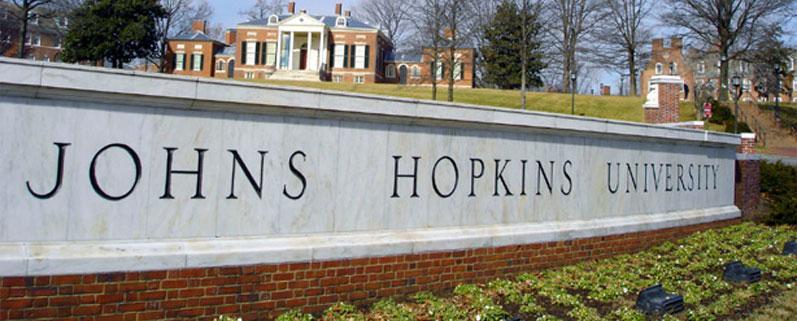[ad_1]
By J. K. Schmid, AFRO Baltimore Staff
“With the continuing violence in this city, too much is at stake for us not to try a new approach,” Johns Hopkins University (JHU) concludes in its “Interim Study on Approaches to Improving Public Safety on and around Johns Hopkins University Campuses.”
The report was a response to a Maryland General Assembly request in the 2018 legislative session.
Del. Cheryl D. Glenn (D-45) submitted a bill last year asking that JHU be able to add itself to a growing list of universities that enjoy their own private police forces.

The bill was tabled until JHU could complete an impact study of the measures its taking to secure its community now and how an armed force on campus could function.
The study frames its summary as the weighing of four options, but only one of the options seems to differ in substance.
JHU can “continue on the path we are on now – making improvements where we can, but without the capacity to intervene in violent crimes and make arrests (“status quo plus option”),” the study reports as its first option. Options two, three and four all call for some sort of armed force on campus, be it private, Baltimore Police, or a new Johns Hopkins Police Department (JHPD).
Despite a stable, if not declining, crime rate on campus, and the admission that internships, free health care and education are making real inroads into addressing the real roots of crime, the status quo/status quo plus is inexplicably dismissed.
The study dismisses private security guards over issues of accountability and hiring.
The Baltimore Police Department (BPD), as a resource is dismissed over community mistrust for the department, a response time to reports of violence averaging 15.9 minutes, and the “reality” that BPD officers, “do not have the same intimate knowledge of our campuses – and how to traverse them quickly – as would our own officers,” according to the report.
JHU asserts that a more rapid response time is essential to stop a possible active shooter incident, but does not explain how on campus police will stop an incident that the report itself admits overwhelmingly concludes in five minutes or less.
The report does not explain what an unspecified number of JHPD officers, with unspecified weapons, with unspecified training will do to reduce crime on campus and within the surrounding community. The connection between good guys with guns driving away bad guys with guns is assumed, rather than demonstrated.
Students Against Private Police (SAPP) is an organization of concerned JHU students that have been asking questions about the feasibility and utility of a JHPD since the 2018 House Bill was first drafted.
As an alternative, if not an extension, to JHU’s “status quo/plus” position, Alicia Bedea of SAPP responded to AFRO questions with a host of non-violent and unarmed options.
She recommended continuation of Baltimore programs like Safe Streets and Cease Fire, alongside efforts to abate lead in homes and water, something actually linked to crime and violence.
Further, rather than fixating on arrests like the JHU study, SAPP suggests restorative justice options like Sista II Sista, a local women’s patrol. Community court and victim offender mediation programs were also in SAPP’s line of thinking.
The third spoke of the student’s solutions addressing the material needs of JHU’s deprived community. SAPP asked for focus on more free access to healthcare and housing, coupled with desegregation implementation of the Red Line.
The Maryland General Assembly returned to session January 9 and will be in session through April 8.
[ad_2]
Source link

